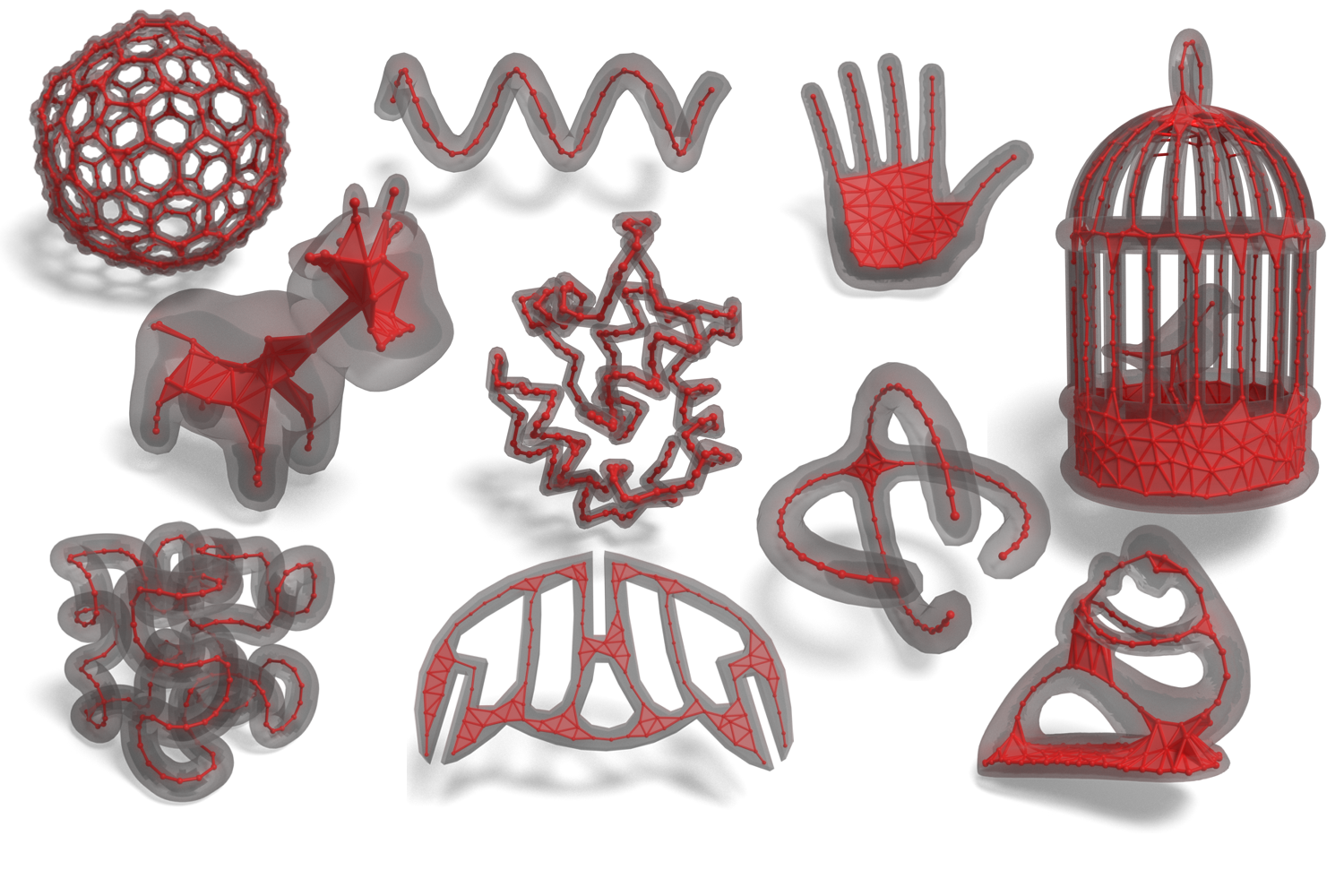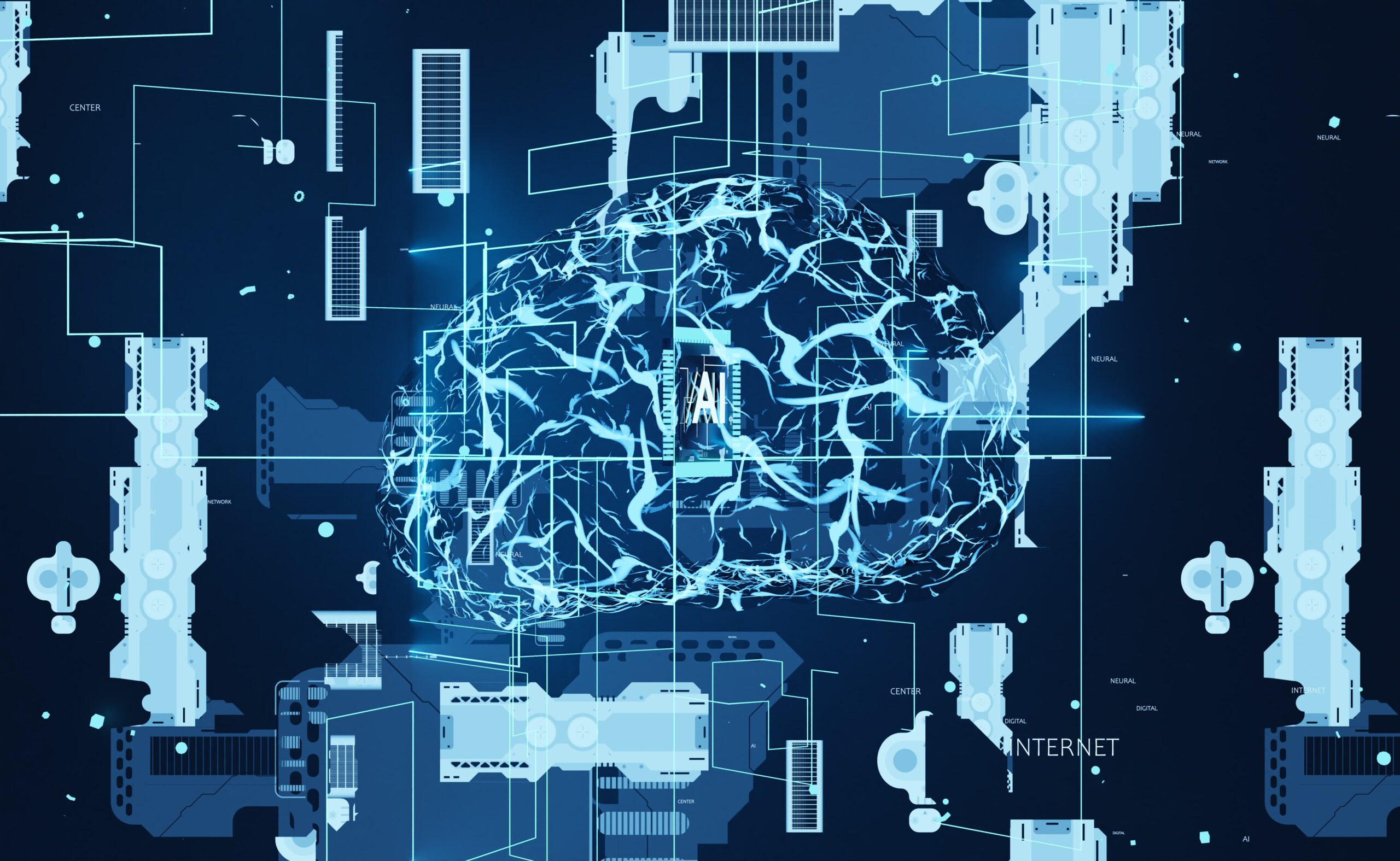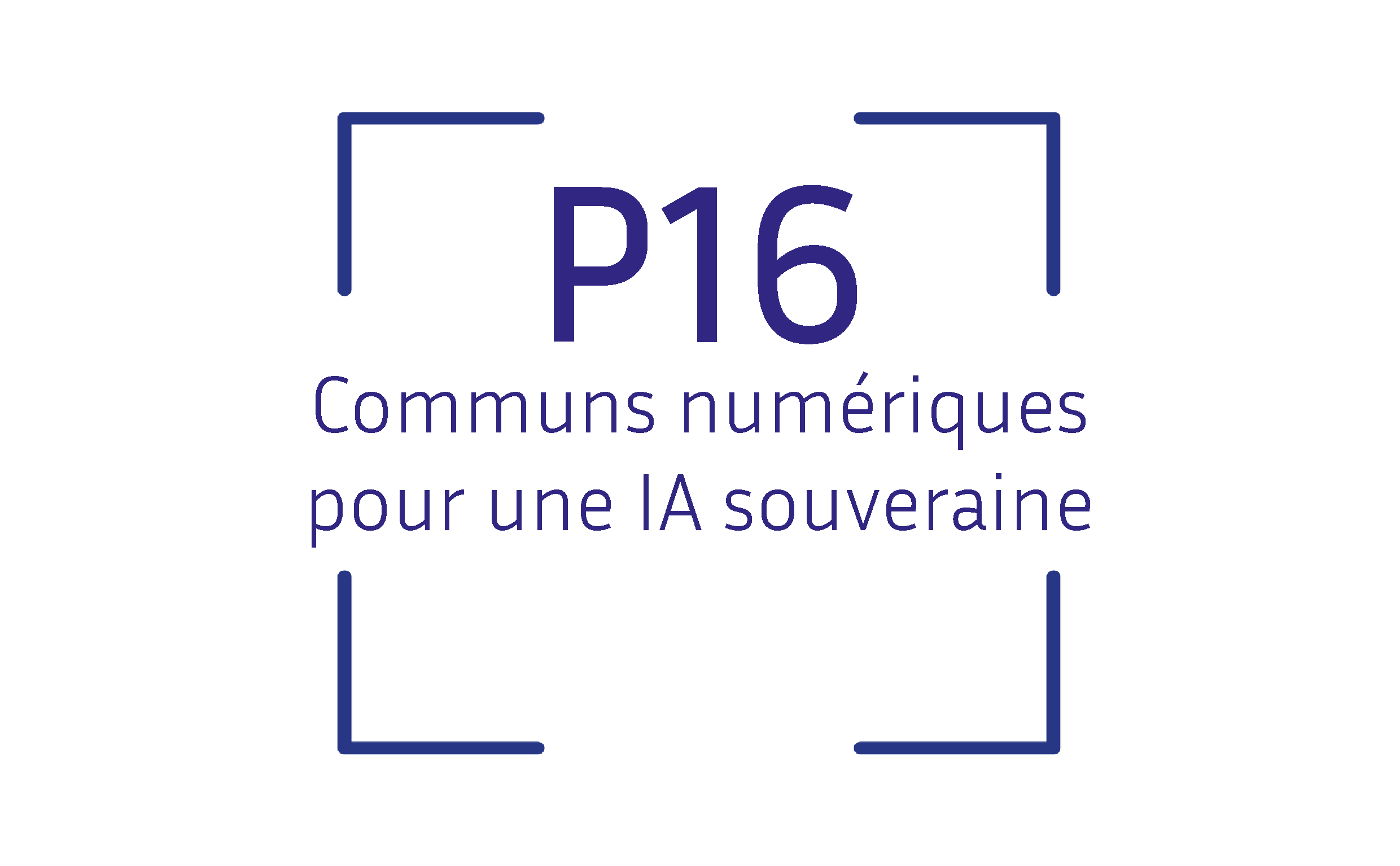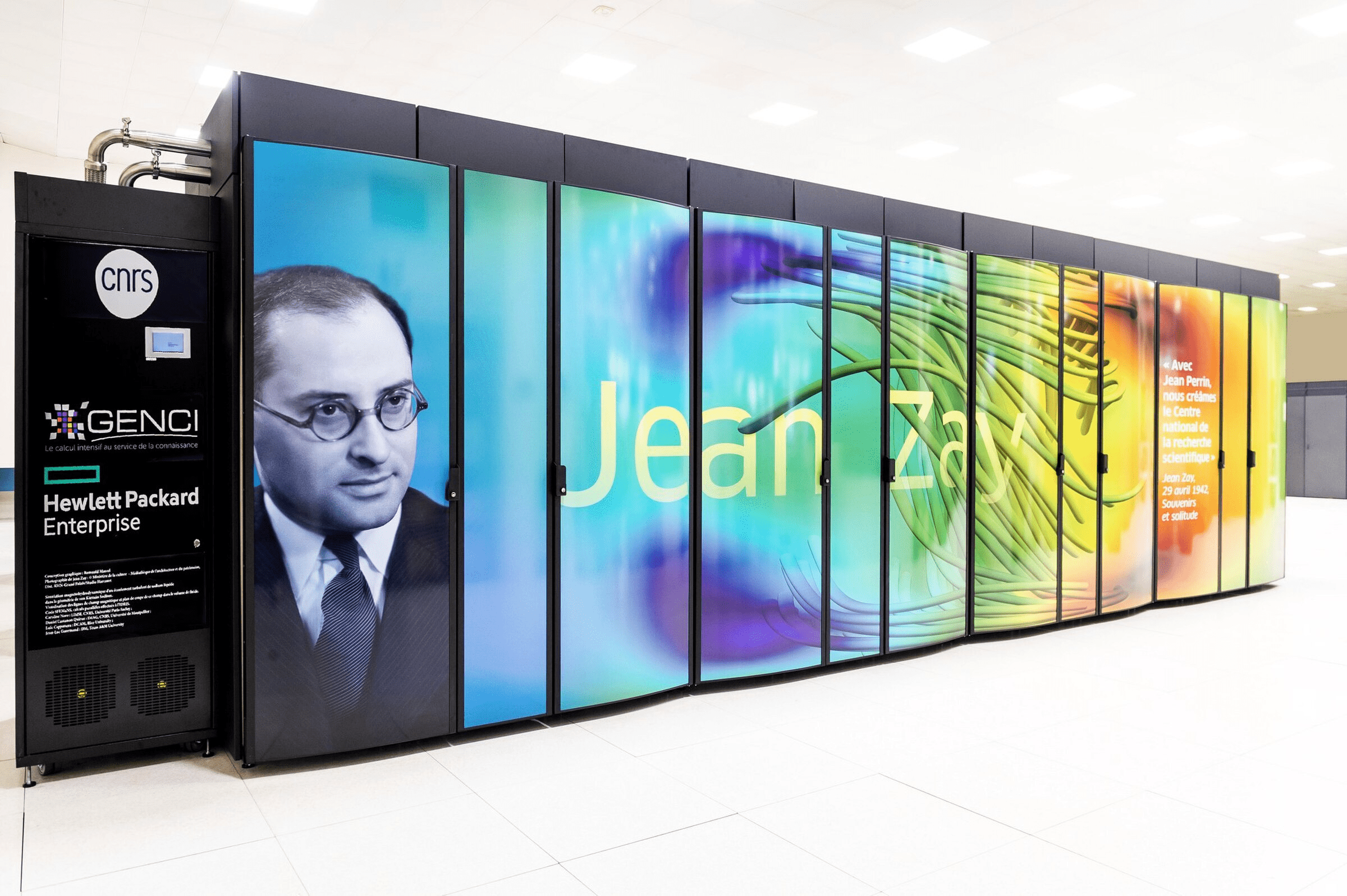
Mathematics of deep learning
Overview
The Artificial Intelligence (AI) PEPR is the upstream component of the acceleration strategy decided by the French government to contribute to the recovery effort and prepare France’s future by meeting the economic, social and environmental challenges of artificial intelligence (second phase of the national AI strategy).
The operational implementation of PEPR IA is materialized through two types of projects: targeted projects, launched at the start of the program and which bring together research communities structured around well-defined themes, covering the PEPR IA axes, and projects selected via Calls for Projects (AAP), which aim to extend the structuring towards an existing but diffuse scientific community, to respond to well-defined problems, in addition to the objects treated within the framework of the targeted projects. This document describes the Call for Projects, which is specific to the “mathematical foundations” axis of PEPR IA, and which has a funding budget of €6M: it specifies the context and objectives of the call, its phasing, the themes and projects expected, the procedures for submitting proposals, the procedure for examining and selecting candidate projects, as well as the criteria for evaluating proposals and the general provisions for funding. Projects will have a duration of between 36 and 48 months. The amount of funding requested must be a minimum of 600 k€ and a maximum of 1 M€.
Call is closed and being processed.
Link to ANR website : anr.fr/appel-a-projets-mathematiques-de-lapprentissage-profond-2024/
Autres projets






















